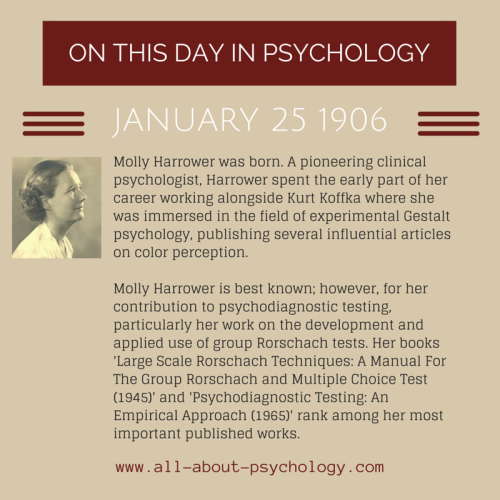Archaeologists have recently rediscovered remains of a trading and religious center of Aksum. Aksum, a kingdom principally located in today’s Ethiopia, thrived from the 1st to 8th centuries CE, and was the state which saw the region converted to Christianity. It traded with the Roman Empire and India, minted its own coins, and took over the declining kingdom of Kush which had long rivaled ancient Egypt. The newly found city lay between the capital (also called Aksum) and the Red Sea.
The city has been renamed Beta Samati, which means “house of audience” in the local Tigrinya language. It was discovered in 2011, hiding more than 10 feet below the surface, in Ethiopia’s Yeha region.
The remains are already changing what we think we know about Aksum. It had previously been believed that societies in the region collapsed in the period before the rise of the Aksum Kingdom. But Beta Samati continued through the period of supposed abandonment just fine, functioning as a major connection on trade routes linking the Mediterranean and other cities which would end up under Aksum control.
